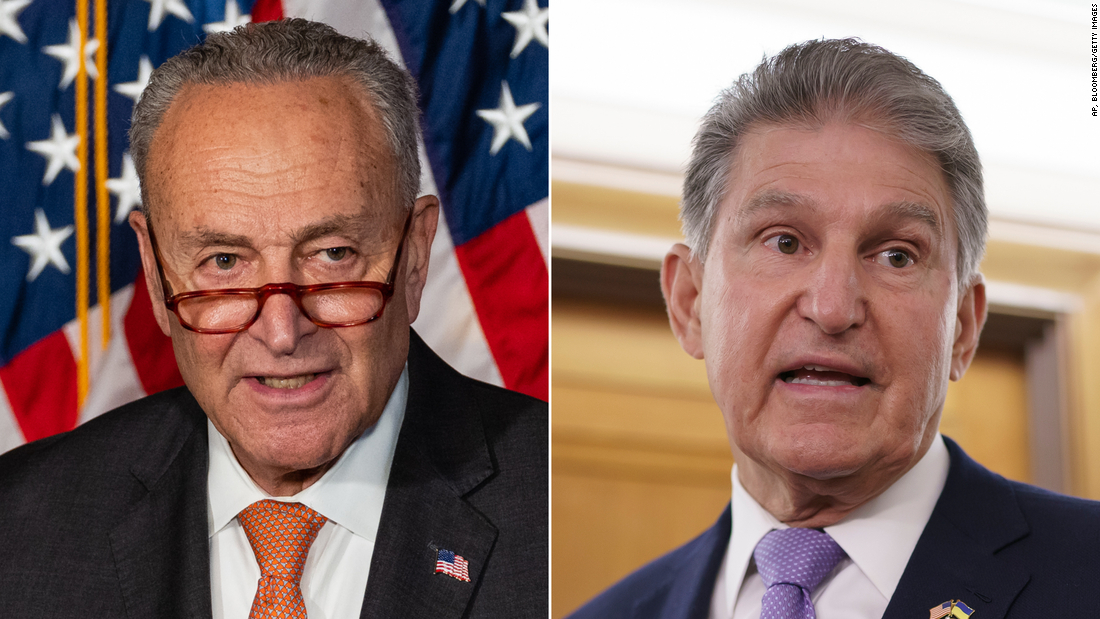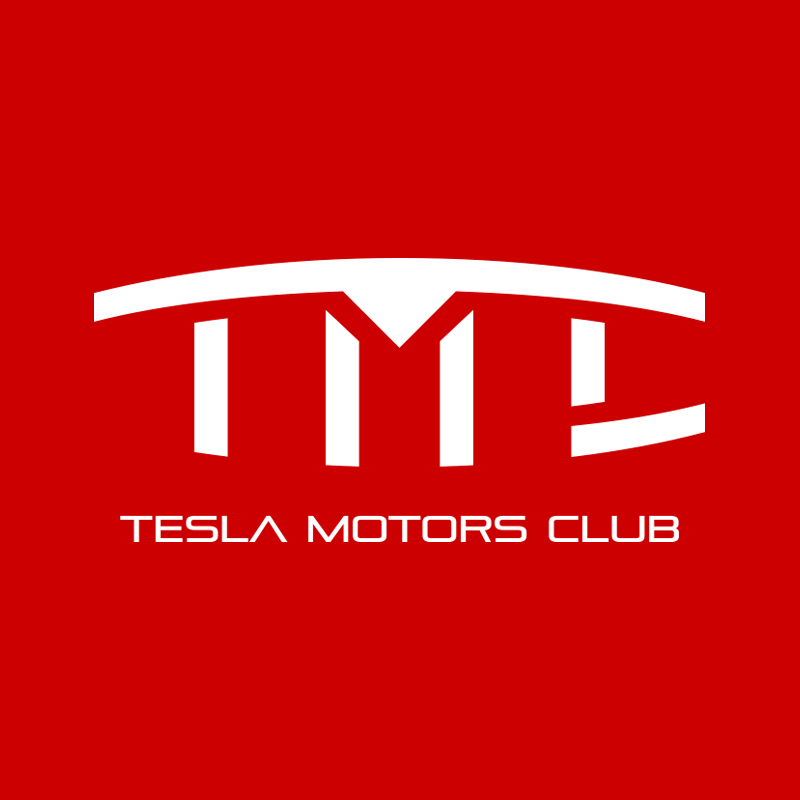loan-potato
Member
In the article they mention there will be an income cap for the EV credit. With my luck, I’m sure I’ll be over the cap.
You can install our site as a web app on your iOS device by utilizing the Add to Home Screen feature in Safari. Please see this thread for more details on this.
Note: This feature may not be available in some browsers.
There should be a cap on income and/or car price.In the article they mention there will be an income cap for the EV credit. With my luck, I’m sure I’ll be over the cap.
That's what I'm hoping! Fingers crossed that it applies to all 2022 EV purchases and that Tesla's also become eligible for credits again.If the proposal is signed into law soon, do you think it will apply to all 2022 tax year EV purchases?

Manchin and Schumer announce deal for energy and health care bill
Senate Majority Leader Chuck Schumer and Sen. Joe Manchin on Wednesday announced a deal on an energy and health care bill, representing a breakthrough after more than a year of negotiations that have collapsed time and again.www.cnn.com
by $69 for sure.In the article they mention there will be an income cap for the EV credit. With my luck, I’m sure I’ll be over the cap.
They said the income was lower than before, but before it was pretty high at ~$250k individual (~$500k family).Do we know what the income limit thresholds are for availing the EV tax credit in the Schumer Manchin deal
It starts Jan 1, 2023 so no...If the proposal is signed into law soon, do you think it will apply to all 2022 tax year EV purchases?
Where does it say that in the bill?It starts Jan 1, 2023 so no...

Tesla, TSLA & the Investment World: the Perpetual Investors' Roundtable
So is Model Y technically a SUV? What is the official definition of an SUV? Is there one? Incredibly strange that a slight difference in cabin space will enable a $25k increase in price ceiling for the EV subsidy (Comparing the model 3 vs model y). Hopefully this doesn’t freeze sales in the US...teslamotorsclub.com
On page 386:Where does it say that in the bill?
/cloudfront-us-east-2.images.arcpublishing.com/reuters/54QG5MERQ5IXHLLBORIBTEUTVM.jpg)
300K is joint.I saw an article that said $300k gross income limit.
yeah that is interesting. We need someone to make sense of this partOn page 386:
But there is something about December 31, 2021 as well. Probably it is about vehicles that are currently eligible for credit, but not sure.
Should be 420 joint.300K is joint.
Why? Do people above a certain income/ cars above a certain price point have a lower carbon footprint?There should be a cap on income and/or car price.
High income earners don’t need the incentive, lower income earners do. So you will net more EV cars on the road and quicker overall adoption.Why? Do people above a certain income/ cars above a certain price point have a lower carbon footprint?
Seems to me if the goals with electrification of the automobile/truck/semi fleet are (1) lower carbon footprint (2) increase EV adoption then neither income or car price are relevant to these goals.
High income earners don’t need the incentive, lower income earners do. So you will net more EV cars on the road and quicker overall adoption.
You’re assuming the funding is infinite, it never is. Giving money back to the rich has little benefit and the wealthy (most anyway) will buy it anyways. So you’ll get more bang for your buck capping it. Basically reserving the finite fund for a group that would otherwise not purchase an EV.The above statement doesn't make sense.
Without an income cap, it's an inclusive system for both poor and rich people. The pool would be more extensive, the adoption rate would be higher.
The income cap is an exclusive system. It excludes the rich and only includes the poor. So the pool would be smaller, and the adoption rate would be lower.
It only makes sense to preserve the limited funding for the poor so that the rich won't be the first ones who would clean up all the funding and leave the poor nothing. But the adoption rate would be much slower by waiting for the poor to get enough money to buy an EV to access the fund.
So if a limited fund is announced with no income cap, the rich would compete and access the fund first before it runs out. That means the adoption rate would be faster.
In conclusion, the income cap does not make sense if you want quick adoption sense.
The income cap only makes sense to preserve the limited fund so the slower and poorer owners can eventually save enough money to access the fund at the expense of a slower rate of adoption.
Income cap: $150,000 single. $300,000 couple.It was capped before and it will be capped again. At what level, I don’t know.
Correct. The poor can still save their money until they can buy an EV, and the fund would still be there....Basically reserving the finite fund for a group that would otherwise not purchase an EV....


